Israel kills over 20,600 Gazans since October 7 Says needs to boost military spendings for even tougher operations
The Gaza-based Ministry of Health reported that the number of Palestinians killed in the last 24 hours in the Gaza Strip, where Israel has been continuing its attacks for 80 days, has increased by 250 to 20,674.
Health Ministry spokesman Ashraf al-Qudra issued a written statement and provided an update on the situation in Gaza, Anadolu reports.
Qudra said the Israeli army has killed 250 Palestinians and injured 500 in the Gaza Strip in the past 24 hours.
The official noted that the number of Palestinians killed in Israeli attacks in Gaza since October 7 has risen to 20,674, while 54,536 have been injured. He said the Israeli army's attacks killed 311 medical workers and put 102 ambulances out of service.
Noting that the Israeli army targeted 141 medical facilities in the Gaza Strip, Spokesman Qudra stressed that 23 hospitals and 53 medical centres stopped functioning as a result of the bombings. Qudra added that the Israeli troops continue to hold 99 medical workers, including the director of Shifa Hospital Mohammed Abu Silmiyeh and the director of Kemal Adwan Hospital Ahmed al-Qahlout.
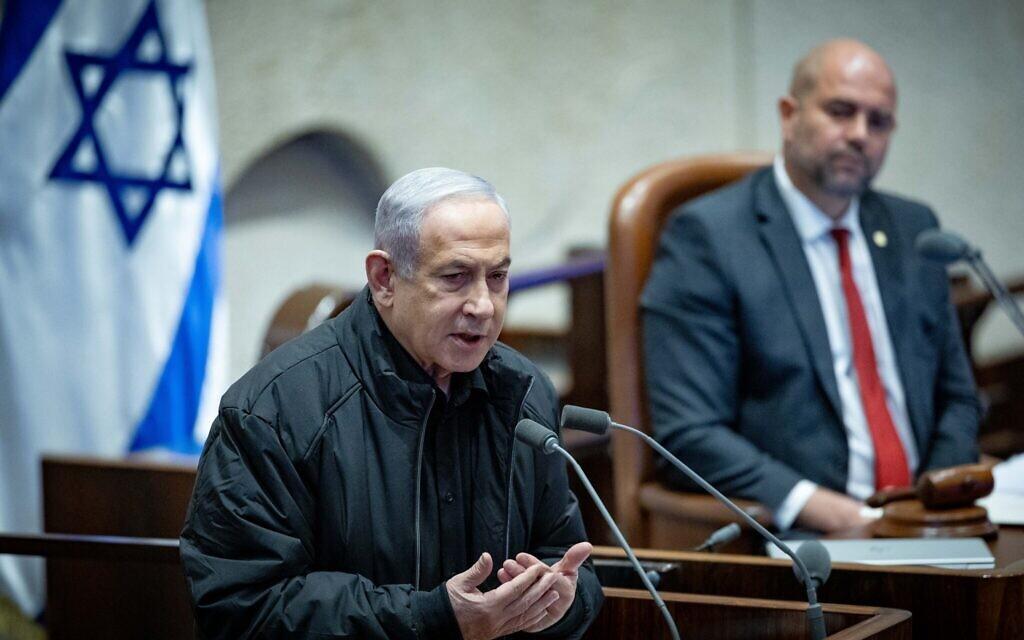
Meanwhile, Prime Minister Benjamin Netanyahu announced that Israel will deepen its ground operation in the Gaza Strip in the coming days, at a meeting of the parliamentary faction of the Likud party.
"We are not stopping, we are continuing to fight, and in the coming days, we will deepen the fighting [in the Gaza Strip]. It will be a long battle and it is not close to being over."
The prime minister announced on December 24 that Israel was expanding its military operation in the Gaza Strip and would continue the war until the radical Hamas movement ruling the enclave was defeated. On the same day, Israel Defence Forces spokesman Daniel Hagari said the Israeli military was deepening the operation near the town of Khan Younis in the southern Gaza Strip, uncovering radical tunnels as it moves forward.
Moreover, Netanyahu, in his article for The Wall Street Journal, named the conditions for achieving peace in the war with Hamas militants in the Gaza Strip. According to him, the destruction of Hamas, the demilitarisation of the Gaza Strip and the "deradicalisation of the entire Palestinian society" are necessary to end the fighting.
Benjamin Netanyahu says the idea of destroying Hamas is supported by the US, Britain, France, Germany and "many other countries." To realise this goal, the Israel Defence Forces (IDF) needs to "dismantle the military capabilities" of the militants, as well as "put an end to its political rule in Gaza".
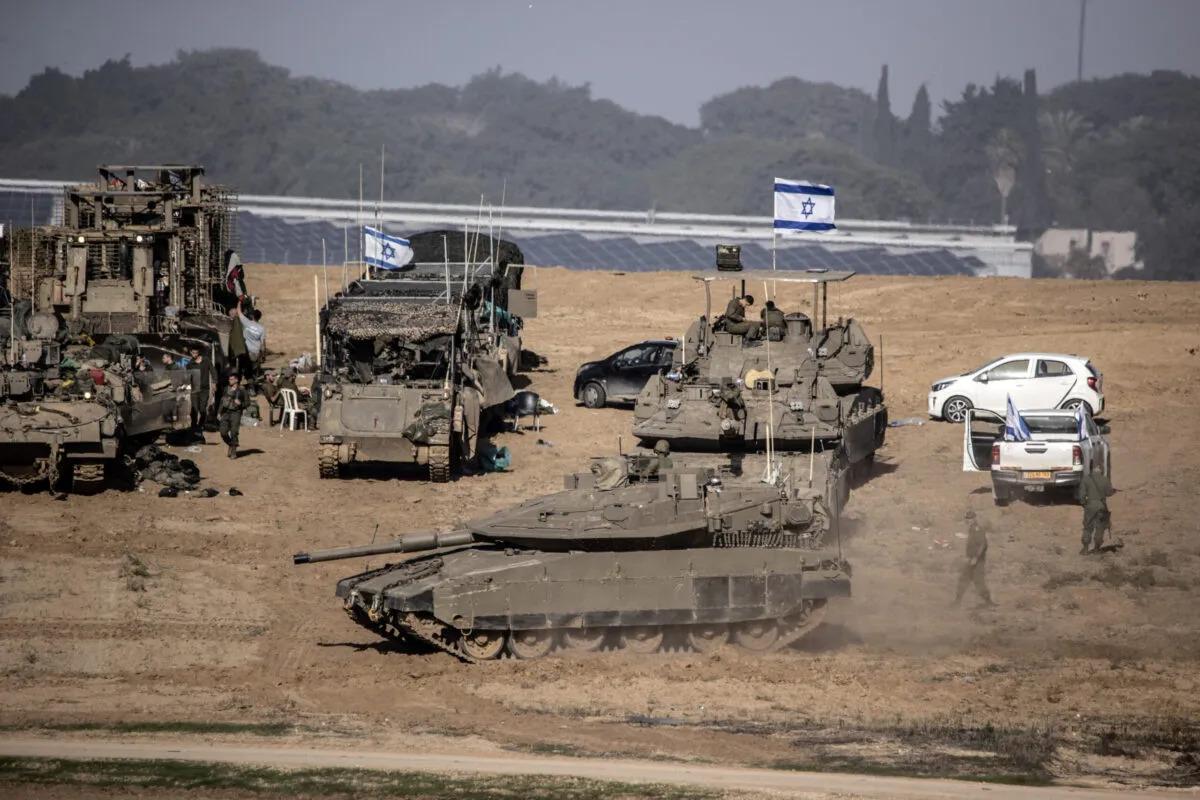
It was also reported that Israel will have to increase state budget spending on defence by at least 30 billion shekels ($8.3 billion) next year because of the ongoing war with Hamas.
The Finance Ministry of the country estimates that at least another 10 billion shekels ($2.7 billion) are needed to ensure the evacuation of about 120,000 people from the northern and southern border areas, increase the budget of security services and rebuild settlements destroyed in the attack of militants on October 7.
In addition, state revenues will drop by 35 billion shekels ($9.6 billion) due to tax cuts and a slowdown in consumer demand.
Netanyahu estimates that the defence budget should grow by at least 20 billion shekels ($5.5 billion) every year.
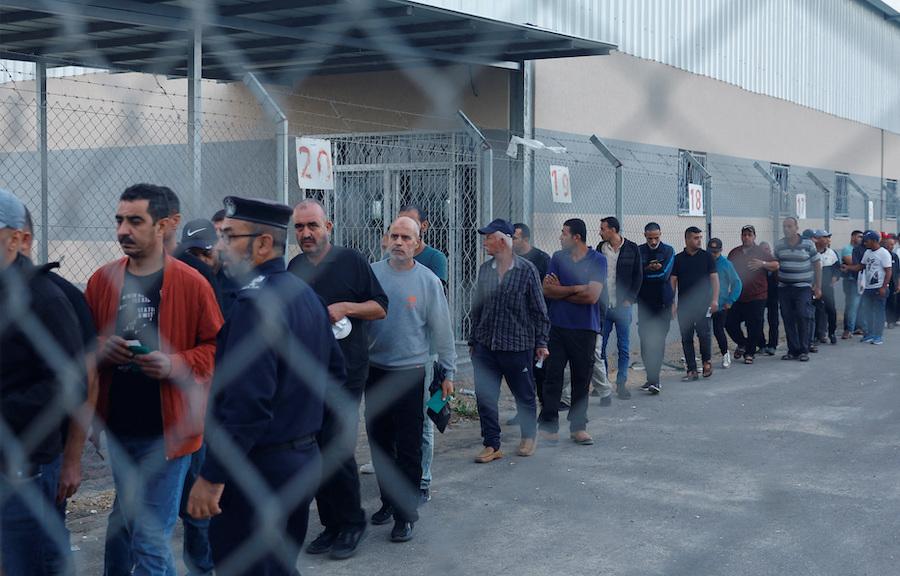
The government's decision to bar most Palestinian workers from Judea and Samaria from entering the country since the 7 October Hamas attack could cost the economy up to 3 billion shekels ($830 million) a month, a Finance Ministry official told the Knesset Foreign Workers Committee on Monday, MigNews reported.
More than 10,000 workers, mostly from Thailand who worked in agriculture, have left the country since the Hamas invasion nearly three months ago.
It has been reported that Israel may need more than 30,000 foreign workers to fill the shortage of these workers in construction and agriculture.
The shortage has been exacerbated by the government's decision to bar entry for most workers from the West Bank and the mobilisation of hundreds of thousands of Israeli reservists for the war against Hamas.
"We are in a very difficult situation," lamented Raul Sargo, president of the Bonei Ha Aretz Contractors Association. "The construction industry is at a complete standstill and is only operating at 30 per cent. As much as 50 per cent of the sites are closed, and this is affecting Israel's economy and the housing market."
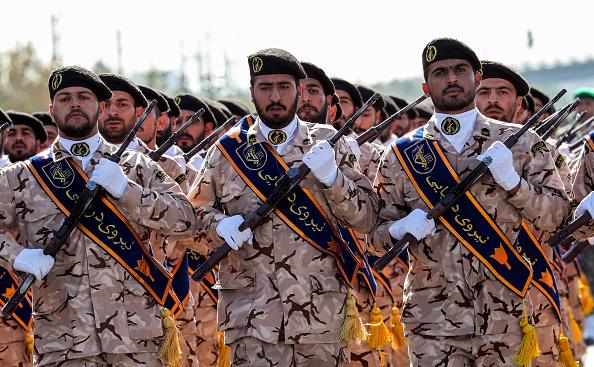
The command of the Islamic Revolutionary Guard Corps (IRGC, Iran's elite military units) has vowed to take revenge on Israel for the assassination of General Reza Mousavi, who was leading a group of military advisers in Syria and was killed in an explosion in a Damascus suburb.
"The occupying Israeli regime will definitely pay the price for this crime," the IRGC said in a statement carried by Al Mayadeen TV channel.
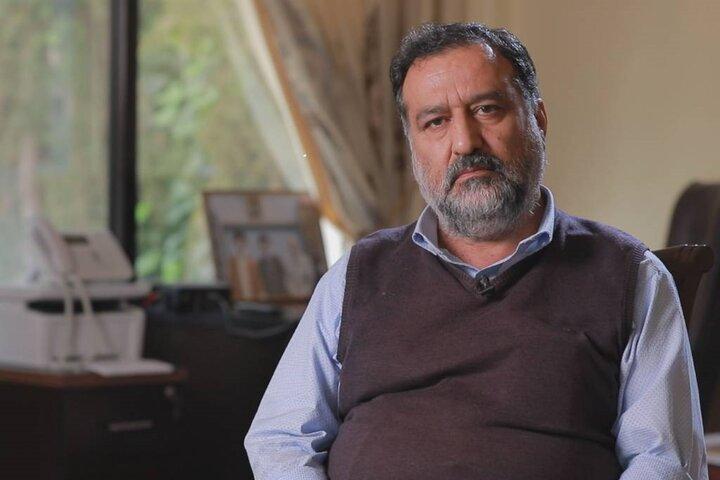
Earlier, Reuters reported that IRGC General Sayyed Razi Mousavi was killed in an Israeli air force attack in the Shiite neighbourhood of Seyida Zeinab in the south of the Syrian capital.
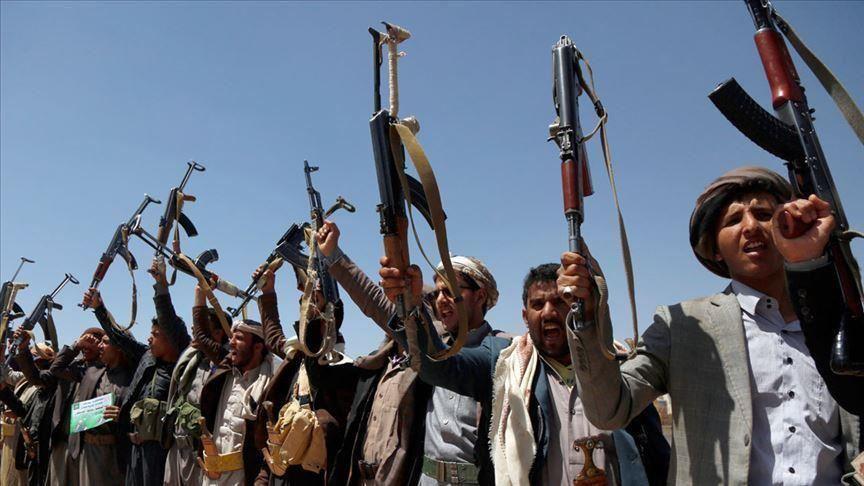
Moreover, Yemen's Houthi rebels have said they are ready for more powerful attacks on commercial shipping in the Red Sea region, Interfax reported, citing the UAE publication The National.
"Our strategic weapons, their range, are far beyond the expectations of our enemies. There are no red lines for us," said Major General Muhammad Al-Atfi, the rebel government's defence minister.
"We will bring a curse on the Red Sea, the Gulf of Aden, the Arabian Sea and the Bab el-Mandeb Strait," he promised.
He said the rebels had saved more "painful actions" against commercial shipping in the region for the future.








